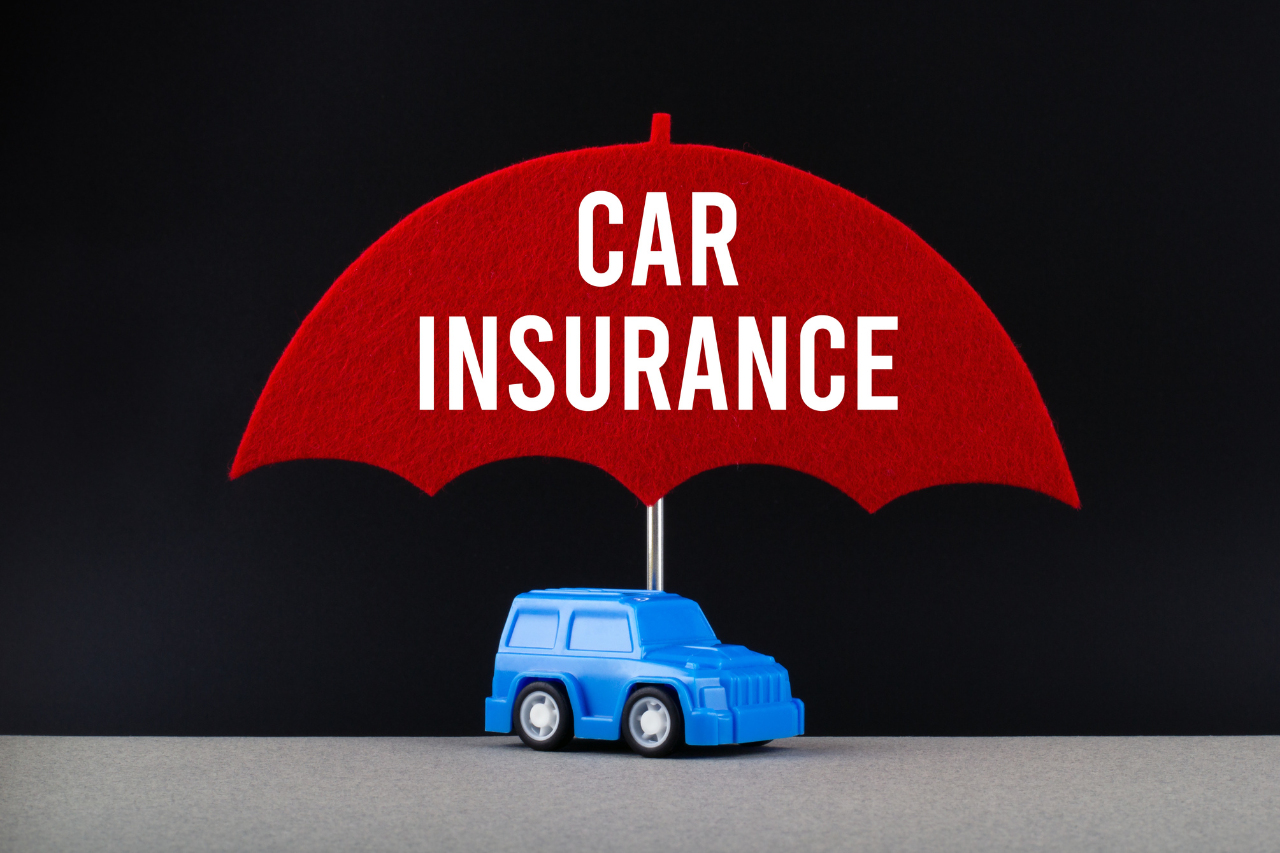
Insurance Premiums 101: All You Need

Share:
What Is an Insurance Premium?
An insurance premium is the price of insurance coverage. Insurance companies charge premiums to policyholders to cover the costs of providing insurance coverage. The cost of coverage depends on many factors, including the type of insurance, the amount of coverage, and the insurer’s claims experience.
Premiums are generally paid in advance and may be paid in installments or in a lump sum. Insurance companies often offer discounts for policyholders who pay their premiums in advance.
Some insurance policies have a grace period, which is the time period during which the policyholder can make premium payments without losing coverage. After the grace period expires, if the policyholder does not make a premium payment, the policy will lapse and the policyholder will no longer be covered.
Insurance companies often use risk-based pricing to set premiums, which means that premiums are based on the insurer’s assessment of the policyholder’s risk of filing a claim. Factors that may be used to assess risk include the policyholder’s age, gender, driving record, credit history, and claims history.
How Premiums Are Calculated
Insurance premiums are calculated using a variety of factors, including the type of insurance, the amount of coverage, the company’s claims experience, and the policyholder’s risk profile.
Insurance companies use actuarial science to calculate premiums. Actuaries use statistics and mathematical models to assess risk and determine premium rates. They consider factors such as the policyholder’s age, gender, driving record, credit history, and claims history.
Premiums also vary based on the type of insurance. For example, auto insurance premiums are typically higher for young drivers and those with poor driving records. Homeowners insurance premiums are typically higher for homes in areas prone to natural disasters.
The amount of coverage also affects premiums. A policy with a higher coverage limit will typically have a higher premium than a policy with a lower coverage limit.
Insurance companies also take their own claims experience into account when setting premiums. If an insurer has paid out a lot in claims, it is likely to charge higher premiums to cover its costs. Similarly, if an insurer has a good claims history, it is likely to charge lower premiums.
Finally, insurers use risk-based pricing to set premiums, which means that premiums are based on the insurer’s assessment of the policyholder’s risk of filing a claim. Factors that may be used to assess risk include the policyholder’s age, gender, driving record, credit history, and claims history.
How to Lower Your Insurance Premium
There are a few things you can do to lower your insurance premium.
Shop around – Insurance premiums can vary greatly from one insurer to another. It’s important to compare rates before you select an insurer.
Choose a higher deductible – A higher deductible means you will have to pay more out of pocket if you file a claim, but it also means your premiums will be lower.
Bundle your policies – Some insurers offer discounts for policyholders who bundle their home and auto insurance with the same company.
Make sure you’re getting all the discounts you’re entitled to – Insurance companies offer a variety of discounts, including discounts for good drivers, safe homes, and more. Make sure you’re getting all the discounts you’re entitled to.
Pay your premium in full – Some insurers offer discounts for policyholders who pay their premiums in full.
Raise your credit score – Insurance companies use credit scores to assess risk, so a higher credit score can lead to lower premiums.
Stay claims-free – Insurance companies often offer discounts to policyholders who have not filed a claim in a number of years.
What Do Insurers Do With the Premiums?
Insurance companies use premiums to pay claims, cover their administrative costs, and make a profit.
When a policyholder files a claim, the insurer pays for the covered expenses up to the policy limit. The insurer may also cover some of the policyholder’s legal fees if the claim results in a lawsuit.
Insurance companies use a portion of premiums to cover their administrative costs, such as employee salaries, marketing, and profits. The remaining portion of premiums is used to pay claims.
Insurance companies are required by law to have enough money on hand to pay all valid claims. To do this, insurers set aside a portion of premiums in reserves. The size of the reserve depends on the insurer’s claims experience.
What Is an Actuary?
An actuary is a business professional who uses statistical data to calculate premiums and assess risk. Actuaries use mathematical models to assess risk and determine premium rates. They consider factors such as the policyholder’s age, gender, driving record, credit history, and claims history.
Premiums also vary based on the type of insurance. For example, auto insurance premiums are typically lower than life insurance premiums. This is because the latter covers a much higher risk.
How to Shop for Insurance
There are a few things you can do to make sure you’re getting the best possible rate on your insurance premium.
Shop around – Insurance rates can vary greatly from one insurer to another. It’s important to compare rates before you select an insurer.
Choose a higher deductible – A higher deductible means you will have to pay more out of pocket if you file a claim, but it also means your premiums will be lower.
Bundle your policies – Some insurers offer discounts for policyholders who bundle their home and auto insurance with the same company.
Make sure you’re getting all the discounts you’re entitled to – Insurance companies offer a variety of discounts, including discounts for good drivers, safe homes, and more. Make sure you’re getting all the discounts you’re entitled to.
Pay your premium in full – Some insurers offer discounts for policyholders who pay their premiums in full.
Raise your credit score – Insurance companies use credit scores to assess risk, so a higher credit score can lead to lower premiums.
Stay claims-free – Insurance companies often offer discounts to policyholders who have not filed a claim in a number of years.
Bottom Line
Insurance premiums can vary greatly from one insurer to another. It’s important to compare rates before you select an insurer. There are a few things you can do to make sure you’re getting the best possible rate on your insurance premium, such as shopping around, choosing a higher deductible, bundling your policies, and more.
Most Popular


Navigate with Confidence: Policy Types

Mortgage Insurance 101: Understanding its Purpose & Necessity

Unraveling Comprehensive Policies!
Subscribe To Our Weekly Newsletter
Categories
Related Posts

Why Your Health Premiums Spiked
Share: If you’ve noticed that your health insurance premium has gone up, you may be wondering why. Many factors can contribute to an increase in the cost of your healthcare coverage, and there are a few key questions to consider when trying to understand why this happened. Does health insurance go up if you use

Navigate with Confidence: Policy Types
Share: Car insurance helps prevent the financial consequences of having an accident. Car Insurance coverage includes liability, collision, and medical payments. There are several types of insurance to consider when buying insurance for a car. Depending on the insurance company and insurance coverage, these insurance plans can vary in scope, cost, and payout benefits. When

Mortgage Insurance 101: Understanding its Purpose & Necessity
Share: Traditionally the target for a home downpayment is 20% of the purchase price, but this isn’t available for most homebuyers. Mortgage insurance gives borrowers a chance to pay less than 20% down on a mortgage. Mortgage insurance will protect the lender when or if the loan has gone into default. If you don’t have

Unraveling Comprehensive Policies!
Share: What is Comprehensive Auto insurance? Comprehensive car insurance is one of the coverage options that can be added to an auto insurance policy. A comprehensive auto insurance policy covers damage to your vehicle that is not caused by collision or theft. This can include damage from events such as fire, storm, hail, or vandalism.
